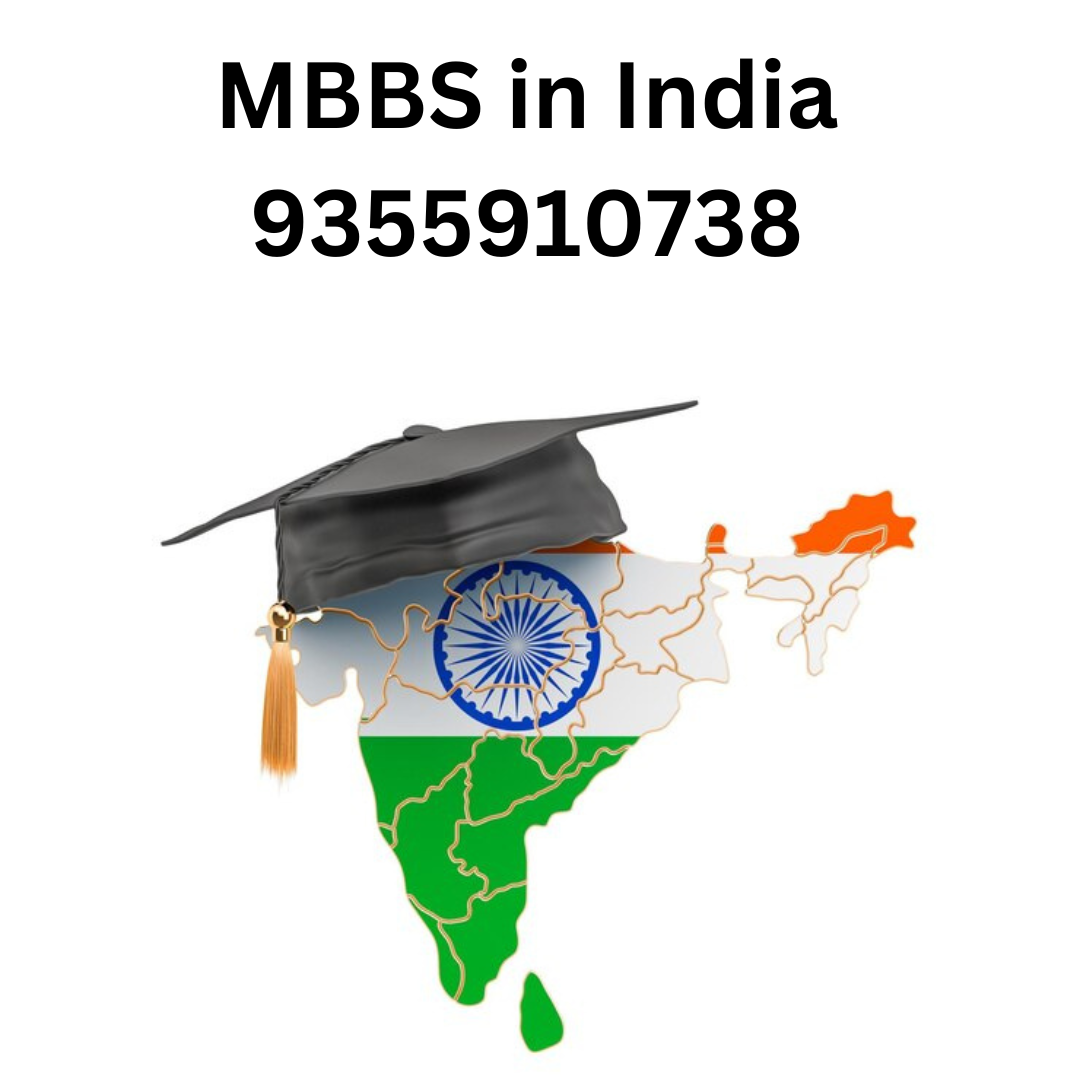
MBBS in India: A Comprehensive Guide for Aspiring Doctors
MBBS in India is one of the most sought-after medical degrees globally, attracting thousands of students each year due to its high-quality education, experienced faculty, and advanced medical infrastructure. With a rigorous curriculum designed to produce competent and skilled healthcare professionals, India has established itself as a prime destination for students aspiring to become doctors.
Overview of MBBS in India
The MBBS (Bachelor of Medicine and Bachelor of Surgery) program in India is a 5.5-year undergraduate course that includes 4.5 years of academic education followed by a mandatory 1-year internship. The curriculum is regulated by the National Medical Commission (NMC), ensuring uniformity and quality across all medical colleges in the country. This makes MBBS in India a credible and prestigious degree recognized by major international bodies like the WHO, ECFMG, and GMC.
Why Choose MBBS in India?
There are several compelling reasons why students choose to pursue MBBS in India:
Globally Recognized Degree: Medical degrees awarded by Indian universities are recognized worldwide, allowing graduates to practice or pursue higher education globally.
Affordable Education: Compared to many Western countries, the cost of MBBS in India is considerably lower, especially in government colleges.
Robust Clinical Exposure: Students get hands-on training in some of the busiest hospitals, enhancing their clinical skills and real-world experience.
Advanced Infrastructure: Top medical colleges in India boast state-of-the-art labs, research facilities, and modern teaching methods.
Wide Range of Specializations: Post-MBBS, students can pursue a variety of specializations in MD/MS or diploma courses.
Merit-Based Admissions: Admissions are strictly merit-based, primarily through national-level entrance exams like NEET (National Eligibility cum Entrance Test).
Eligibility Criteria for MBBS in India
To pursue MBBS in India, candidates must meet the following eligibility criteria:
Must have completed 10+2 with Physics, Chemistry, Biology/Biotechnology, and English as core subjects.
Minimum 50% aggregate marks in PCB for general category students (40% for reserved categories).
Must qualify the NEET-UG exam, which is mandatory for all Indian and foreign students seeking admission to MBBS programs in India.
For NRI/foreign candidates, additional documentation like passport, student visa, and equivalency certificates may be required.
Top Medical Colleges for MBBS in India
India hosts several prestigious medical institutions known for academic excellence and research output. Some of the top colleges offering MBBS in India include:
All India Institute of Medical Sciences (AIIMS), New Delhi
Christian Medical College (CMC), Vellore
Armed Forces Medical College (AFMC), Pune
Maulana Azad Medical College (MAMC), New Delhi
King George's Medical University (KGMU), Lucknow
JIPMER, Puducherry
These colleges offer excellent faculty, research opportunities, and hospital training, making them ideal for pursuing MBBS in India.
Admission Process
Admission to MBBS programs in India follows a centralized and transparent process:
NEET-UG Exam: Conducted annually by the NTA, NEET is the sole entrance test for MBBS admissions in India.
Counseling: Post-NEET, qualified candidates participate in centralized counseling conducted by the MCC (for AIQ seats) or state authorities (for state quota seats).
Seat Allotment: Based on NEET score, reservation criteria, and choice preferences, seats are allotted in various government and private colleges.
Document Verification and Admission: Candidates must report to the allotted college with required documents to confirm their admission.
MBBS in India for Foreign/NRI Students
India has also opened doors for international and NRI students to pursue MBBS in India. Around 15% of the seats in private colleges are reserved under the NRI quota. Foreign students must qualify NEET and fulfill additional eligibility requirements set by the Medical Council of India.
Fee Structure for MBBS in India
The fee structure for MBBS in India varies significantly between government and private colleges:
Government Colleges: INR 10,000 to INR 1,00,000 per year (highly subsidized)
Private Colleges: INR 8,00,000 to INR 25,00,000 per year
Deemed Universities: INR 10,00,000 to INR 35,00,000 per year
NRI Quota: Fees for NRI students may range between USD 20,000 to USD 50,000 annually
Despite the higher fees in private institutions, many scholarships and education loans are available for deserving candidates.
Career Opportunities After MBBS in India
Graduating with an MBBS in India opens up a range of career paths:
Postgraduate Studies (MD/MS/DNB)
Government Medical Services (UPSC, State PSC)
Private Hospital Practice
Medical Research & Teaching
Overseas Practice (after clearing licensing exams like USMLE, PLAB, etc.)
Public Health Administration
Conclusion
Pursuing an MBBS in India is a highly rewarding career choice for students committed to healthcare. The combination of quality education, practical exposure, and global recognition makes India a preferred destination for medical studies. Whether you are an Indian student or an international aspirant, the journey to becoming a doctor in India is challenging yet immensely fulfilling.

















Write a comment ...